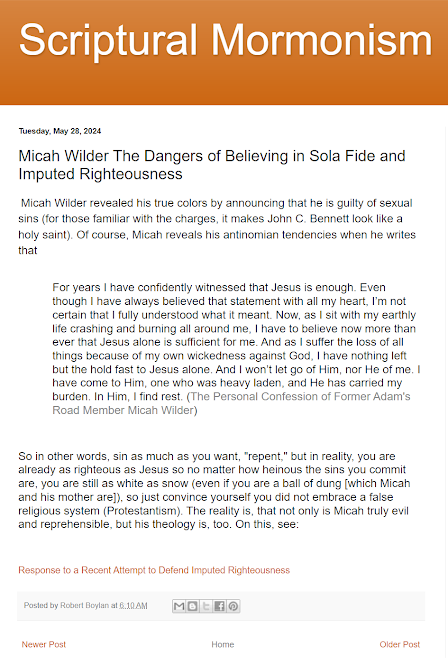Bad Cavalry Apologetics - Part 4: Satan is called god of this world
Previous articles from this series:
Part 1
Part 2
Part 3
Argument:
Anderson's argument contains six major distractions from his central affirmation:
- Creation ex nihilo discussion - A Red Herring fallacy. The whole discussion about whether Jesus created Satan from nothing diverts attention from the core argument about monotheism and the meaning of "god."
- Jesus creating Satan (Colossians 1:16) - Non Sequitur fallacy. The argument that being created by Jesus would make Satan a true deity doesn't follow logically from the premises.
- Problem of evil references (1 John 3:8) - Red Herring and Appeal to Emotion fallacies. The question "Why create Satan only to destroy his works?" is emotionally charged rhetoric that's irrelevant to the logical validity of monotheism.
- Technical discussion of the Tetragrammaton (YHWH) - Red Herring fallacy. The technical terminology about Hebrew names of God adds complexity without contributing to the logical argument.
- Prefatory remarks about eisegesis - Poisoning the Well fallacy. Attempts to preemptively discredit Protestant interpretation methods before making the actual argument.
- Anderson himself admits that he's constructing a flawed argument as a means to try and critique Protestant biblical interpretation, committing a classic Strawman fallacy.
The core argument, stripped of these fallacious elements, still contains its central Equivocation fallacy about the word "god," but we can now reduce it to a simple syllogism:
Premise 1 - Isaiah 43:10 says no god was formed
Premise 2 - Christians believe Satan was created, and 2 Corinthians 4:4 calls Satan "god of this world."
Conclusion - Therefore, the Protestant biblical interpretation contains contradictions
The validity hinges entirely on the meaning of "god" in different biblical contexts. In Hebrew (elohim) and Greek (theos), these terms function similarly to the English word "star." Just as "star" can refer to a celestial body, a celebrity, or an outstanding performer, these biblical terms carry different meanings in different contexts.
When Isaiah declares that no god was formed, he speaks of true deities worthy of worship - the capital-'G' God who alone exists by nature. When Paul describes Satan as the 'god of this world,' he's not making a claim about Satan's fundamental nature, but rather describing his temporary authority over fallen creation. This language would have resonated clearly with Paul's audience in Corinth, where the culture was already familiar with the concept of lesser divine figures wielding limited authority given it's religious pluralism - or diversity of religions. It's similar to describing someone as a 'retail king' is an acknowledgement of their influence in commerce (even if only rhetorically) without suggesting actual royalty, Paul's description of Satan acknowledges his limited power without elevating him to the status of true deity.
Response: Identifying the Fatal Flaw
Anderson's rhetorical sleight of hand deliberately misuses linguistic flexibility. Like a magician who shows you the card you expect while hiding the actual card, Anderson presents biblical terms as though they carry the same meaning across different contexts when he knows this isn't the case. By ignoring context and semantic range - fundamental principles of Protestant biblical interpretation, he then creates an artificial contradiction through verbal misdirection. It's diabolically clever, and deceptive.
Ironically, in this attempt to critique Protestant methodology actually demonstrates its importance. His argument shows precisely why careful attention to context and meaning remains crucial for proper biblical understanding. It's akin to deliberately writing an ungrammatical sentence to argue against grammar rules - the error proves the necessity of the rules rather than undermining them.


